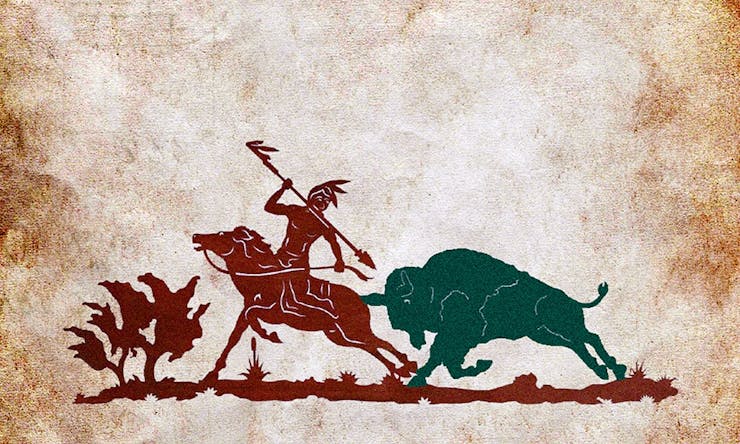The buffalo is widely known to be a symbol of Native American culture. Tribes used the animal in its entirety, with every part having its purposes — the muscle for meat, fat for soap and cooking oil, bones for knives and other tools, the hide for clothing and shelter. But did you know that hemp is often referred to as the “green buffalo”? Much like the buffalo, all parts of the hemp plant are valuable as they offer sustainable, renewable alternatives for everyday products.
Hemp is most often grown for seed and fiber, each having a multitude of uses. Once harvested, hemp seed can be left whole, hulled (shelled), or pressed for oil. Hemp seeds are nature’s highest botanical source of essential fatty acids. They have the perfect omega-6 to omega-3 balance, providing the body with essential nutrients that it can’t make on its own.

The hemp stalk contains two valuable components, bast fiber and hurd. Bast fibers are the long thin fibers that make up the outermost layer of the hemp stalk. Compared to other natural fibers (e.g., flax, kenaf, and jute), hemp fiber excels in length, strength, and antibacterial properties. Hemp fibers can be used on their own or blended with other fibers to be woven into a wide range of products such as cloth, rope, and paper.
Hurd refers to the hollow, woody inner core of the hemp stalk. It can be used for a variety of applications such as biofuel, animal food, and bedding. Hurd is also highly regarded for its antibacterial properties and absorbency.

Nothing from the hemp plant goes to waste. The roots, leaves, and chaff that are left in the field break down into the soil and replenish it for the next crop. Along with its minimal need for water, pesticides, and herbicides, this makes hemp an excellent rotation crop for American farmers. All products sourced from hemp are biodegradable, making them environmentally friendly.
Materials like cotton, oil, paper, and plastic that we use everyday do not come from sustainable sources. In fact, many of those industries are among the most detrimental to our health and environment. In an effort to maximize profit, land is often polluted and overused in a way that disregards it and its inhabitants. As these practices are exposed, efforts are being taken to find alternatives that are more sustainable. Hemp can provide a solution to these problems, and it can create a new source of income for American farmers.
As the Native Americans revered and valued the buffalo, we too should appreciate hemp and all of its uses. Once hemp is reintegrated into American agriculture, it will greatly benefit our economy, health, and environment.
Learn more about Kentucky Hempsters and industrial hemp at kyhempsters.com, or check them out on the following social media platforms:





